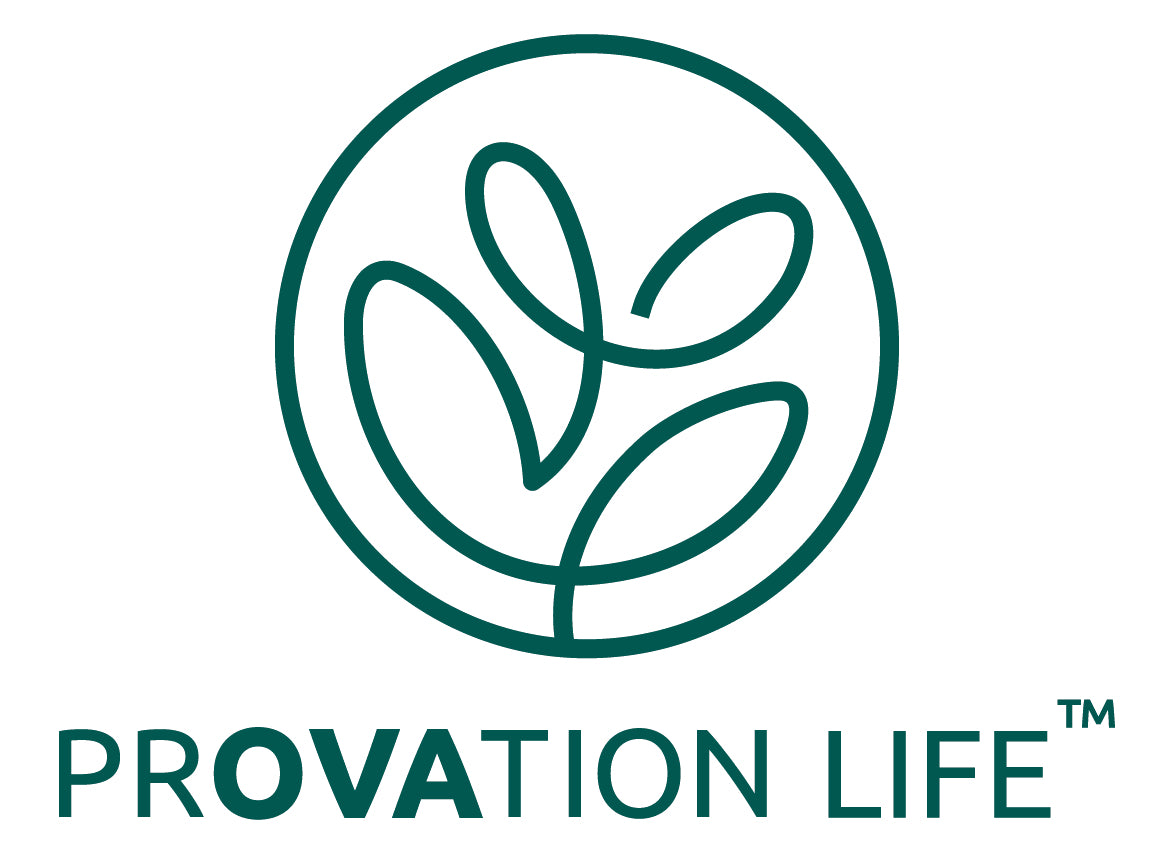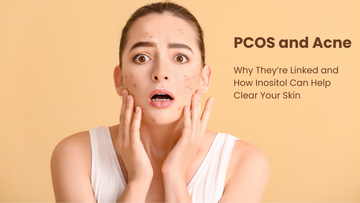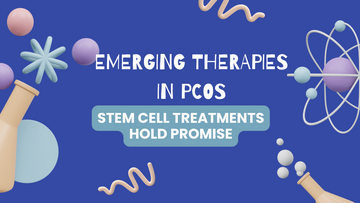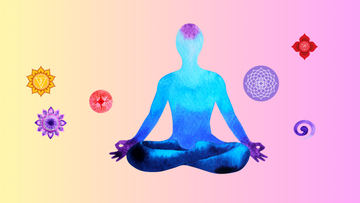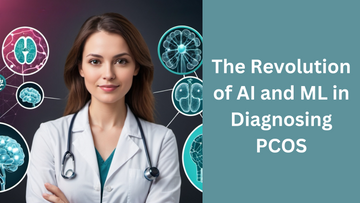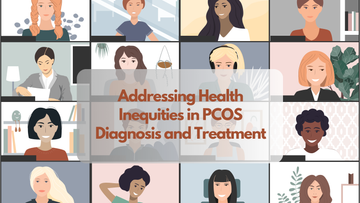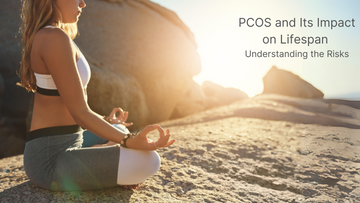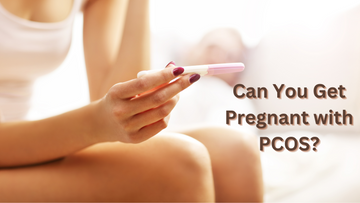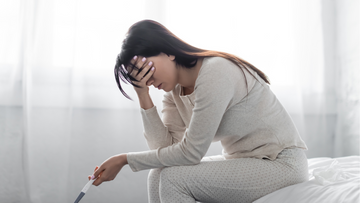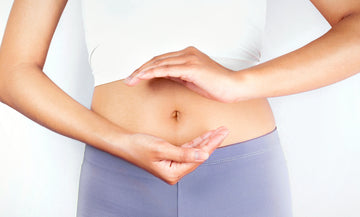PCOS is a complex condition that is not solely limited to the ovaries and reproductive system. It involves an imbalance in reproductive hormones, which can lead to the development of ovarian cysts, as well as a host of other symptoms. The condition is also linked to insulin resistance, which can increase the risk of type 2 diabetes, cardiovascular diseases, and obesity. Women with PCOS are also at a higher risk for a range of mental health issues, including depression, anxiety, and eating disorders. The reasons for this heightened risk are multifaceted and include both biological and psychosocial factors.
The hormonal imbalances associated with PCOS can affect neurotransmitter levels in the brain, contributing to mood swings, depression, and anxiety. Additionally, the physical symptoms of PCOS, such as weight gain, acne, and hirsutism (excessive hair growth), can significantly impact a woman's self-esteem and body image, further exacerbating mental health struggles. Because Insulin resistance and weight gain are common in PCOS, leading to an increased focus on diet and body image, this preoccupation can sometimes spiral into disordered eating behaviors. Additionally, the emotional distress caused by PCOS symptoms can trigger emotional eating and other unhealthy coping mechanisms.
Addressing the Mental Health Risks related to PCOS
Recognizing and treating the mental health aspects of PCOS is crucial for the overall well-being of those affected. A multidisciplinary approach that includes medical treatment for the physical symptoms of PCOS, along with psychological support, can be effective.
Psychological Support
Counseling or therapy can provide valuable support for women dealing with the psychological impact of PCOS. Cognitive-behavioral therapy (CBT) has been shown to be particularly effective in addressing depression, anxiety, and body image issues. Support groups, either in-person or online, can also offer a sense of community and understanding.
Lifestyle Changes
Adopting a healthy lifestyle can help manage both the physical and mental health aspects of PCOS. Regular physical activity, a balanced diet, and stress-reduction techniques such as mindfulness or yoga can improve mood, reduce anxiety, and help with weight management.
Medication
In some cases, medication may be prescribed to address specific symptoms. For example, antidepressants may be used to treat depression and anxiety, while hormonal treatments can help regulate menstrual cycles and reduce symptoms like acne and hair growth.
PCOS is more than just a reproductive disorder; it has significant implications for mental health. The link between PCOS and mental health issues highlights the importance of comprehensive care that addresses both the physical and psychological impacts of the condition. By adopting a holistic approach to treatment, women with PCOS can achieve better health outcomes and improve their quality of life.
Disclaimer: This article does not claim to diagnose, treat or cure PCOS related symptoms. Always consult with your healthcare practitioner before making any changes to your diet, exercise, supplements or medications.
